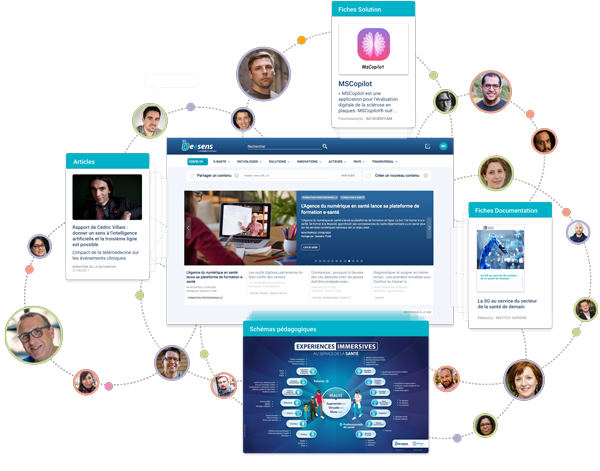"Digital data are anticipated to transform medicine. However, most of today’s medical data lack interoperability: hidden in isolated databases, incompatible systems and proprietary software, the data are difficult to exchange, analyze, and interpret. This slows down medical progress, as technologies that rely on these data – artificial intelligence, big data or mobile applications – cannot be used to their full potential. In this article, we argue that interoperability is a prerequisite for the digital innovations envisioned for future medicine. We focus on four areas where interoperable data and IT systems are particularly important: artificial intelligence and big data; medical communication; research; and international cooperation. We discuss how interoperability can facilitate digital transformation in these areas to improve the health and well-being of patients worldwide.
The digitalization of medicine promises great advances for global health. Electronic medical records, mobile health apps, medical imaging, low-cost gene sequencing as well as new sensors and wearable devices provide an ever-increasing flow of digital health data. Combined with artificial intelligence, cloud computing and big data analytics, this wealth of data holds huge potential for healthcare and can improve the lives of millions of patients worldwide – with better diagnostics, personalized treatments, and early disease prevention.
But medical data are only useful if they can be turned into meaningful information. This requires high-quality datasets, seamless communication across IT systems and standard data formats that can be processed by humans and machines. Judged by these criteria, however, large parts of today’s medical data are virtually useless: Hidden in isolated data silos and incompatible systems, the data are difficult to exchange, process and interpret..."
Lire la suite
Why digital medicine depends on interoperability
NATURE, 20/08/2019
Partagé par :
Beesens TEAM















